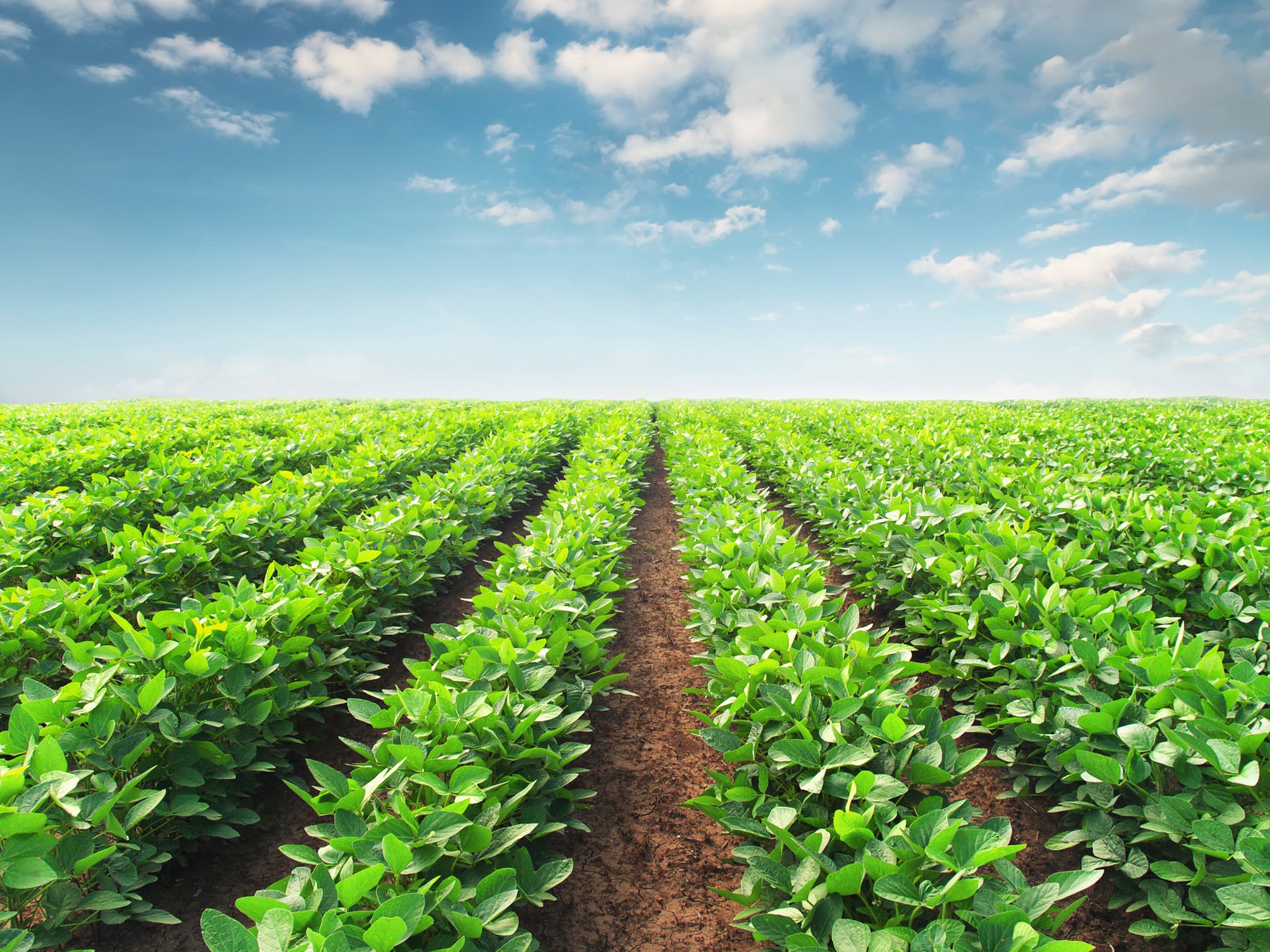Climate change is causing spring to start sooner, which could see food prices rise and insect populations collapse, study warns
Experts fear shift could have far-reaching effects for farming and other industries in the natural world

Climate change is causing spring to arrive earlier in the UK, causing disruption to natural life cycles which could make food more expensive, according to a landmark 50-year study.
Aphids, moths, butterflies and birds are laying eggs up to a month earlier than they did in the mid-20th century, the study of the seasonal habits of more than 250 species found.
In the north, butterflies become active earlier in the warmer, wetter west than the colder, drier east, but the team documented the opposite for birds laying eggs.
Many plants and animals use temperature to time breeding and migration, which are both associated with the onset of spring.
The disruption to these natural cycles could threaten the survival of some animals by putting them “out of sync” with the appearance of their prey, the research concluded.
After analysing data that stretches back to 1960, it predicted we may see the number of insects plummet as they cannot feed on the plants they need to sustain them.
In addition, it could damage the production of food by making certain crops more vulnerable to pests and the final crop more expensive for consumers.
Lead author Dr James Bell, who heads up the Rothamsted Insect Survey, told The Independent: “Due to the wet spring, farmers are not able to move their heavy machinery on to waterlogged fields to plant potatoes, so they are planting later.
“However, the aphids are arriving earlier and feeding on plants that are not yet mature. This, in turn, can affect the harvest because young plants cannot withstand the threat. A smaller harvest will drive up the prices of potatoes.”
The findings, published in the journal Global Change Biology, showed the shift towards an earlier spring was happening in shady forests as well as more open areas.
Dr Bell added: “There was already good evidence that spring is coming earlier each year, but what we didn’t expect to find was that it was advancing as much in forests as it is in open areas such as grassland.
“Equally, in areas where we’d expect to see much greater acceleration, such as urban parkland, the rates of advance appear to be the same.
“This all points to a complex picture emerging under climate change, which makes ecosystem responses hard to predict, and even harder for conservationists to prepare for.
“The work is important because is shows us that we cannot rely on habitat to slow down climate change impacts, even in woodlands and forests where the conditions are more stable, and which were expected to buffer against adverse changes.”
Join our commenting forum
Join thought-provoking conversations, follow other Independent readers and see their replies
Comments
Bookmark popover
Removed from bookmarks